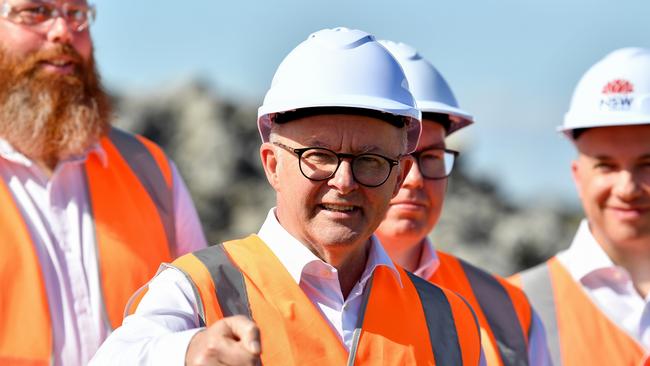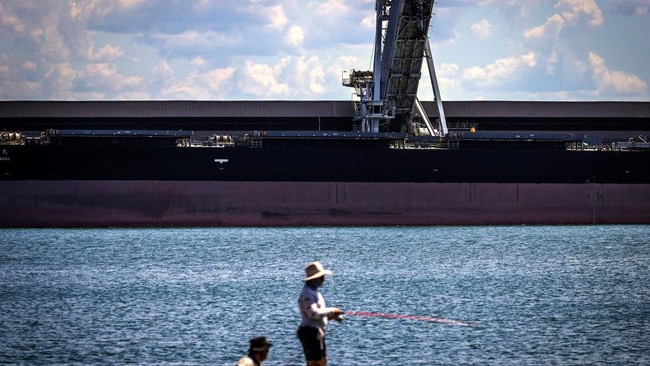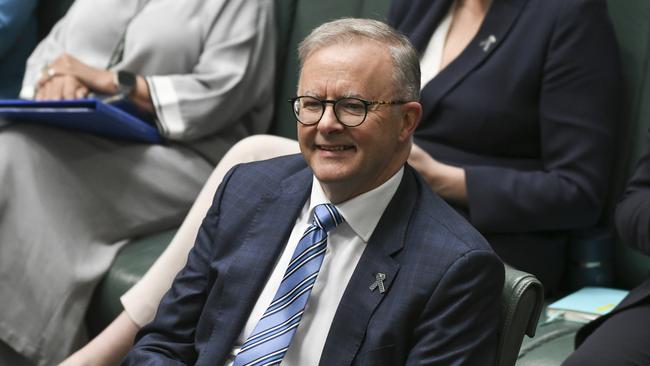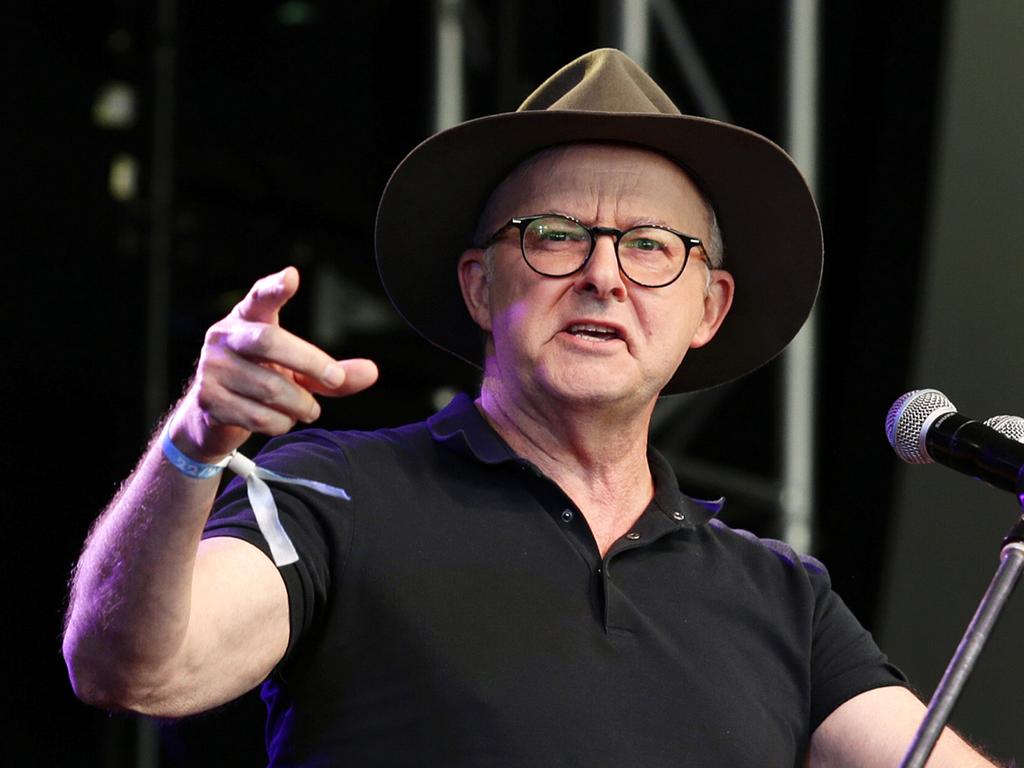
The Albanese government’s signature climate policy sets a heavy task for industry and a $75-a-tonne carbon price that companies, and ultimately consumers, will have to pay.
It opens the potential for carbon-based trade sanctions to protect businesses from imports as well as pouring billions of taxpayer dollars into schemes to assist the transition to a lower-emissions economy.
Working backwards to achieve the government’s near-term climate target of a 43 per cent cut in emissions by 2030, big emitters will be forced to cut greenhouse gases by almost 5 per cent each year from mid-2023 to 2030.
To help make it possible Labor’s safeguards 2.0 builds upon a scheme introduced by former Liberal environment minister Greg Hunt.
It will set a price on carbon and put in place a cap-and-trade market for companies to buy and sell permits.
These permits will come from companies who emit less carbon dioxide than they are allowed to and from schemes that generate carbon units through good farming and other practices.
The government will consider the use of international offsets that have high integrity and contribute to Australia’s international climate targets.

Expanding Australia’s carbon-farming arrangements will be vital. Former chief scientist Ian Chubb delivered for government on Monday when he dismissed complaints about fraud in the existing system. But he set a blueprint to strengthen compliance and oversight.
Business groups have cautiously welcomed Labor’s new safeguards proposal that will go out for further public consultation. But environment groups are furious that industry will effectively be allowed to buy permits rather than be forced to cut emissions.
Criticisms are aimed directly at gas and coal, which environmentalists are determined to chase out of business. Longstanding activist Barry Traill says carbon credits should be a last resort when pollution genuinely cannot be directly reduced through changing practices or new technology. “Carbon offsets should never be a system that assists the fossil fuel industry to keep polluting,” Traill said.
Ironically, gas and mining companies are getting set to invest billions of dollars in land repair and rewilding of degraded farm lands, something many environmentalists would support.
But environment groups will campaign heavily for government to tighten the squeeze on emissions and limit the availability of permits.
As it stands, the blueprint is focused on reducing emissions through whatever means. Labor says its plan balances the need for emissions reduction in the industrial sector, while strengthening competitiveness and providing flexibility.
The plan aims to decouple emissions growth from economic growth by allowing company baselines to grow and fall with production. Existing facilities will have until 2030 to meet industry best practice.

Trade-exposed industries will be protected to preserve international competitiveness.
As always, the devil is in the detail. The Business Council of Australia says the safeguard mechanism overhaul sends an important message for investors. But it wants to keep talking about the finer points. The federal government has used the cover of BCA support to push ahead with its plans.
Whatever is introduced, the government says it will review safeguard mechanism policy settings in 2026-27.
The review will consider the cost and availability of domestic offsets, the use of international units, the treatment of trade exposed activities.
Once imposed, industry can expect the noose to continue to tighten. Big companies will have little room to complain because overwhelmingly they too have set an ambition to be carbon neutral by 2050.
This is about getting what you wish for and passing the bill to customers. The big gamble is that new opportunities in technology and carbon abatement will offset the cost of making the transition.








Labor’s cap-and-trade carbon market is coming to life.